Viviparous creatures that desire to lay eggs
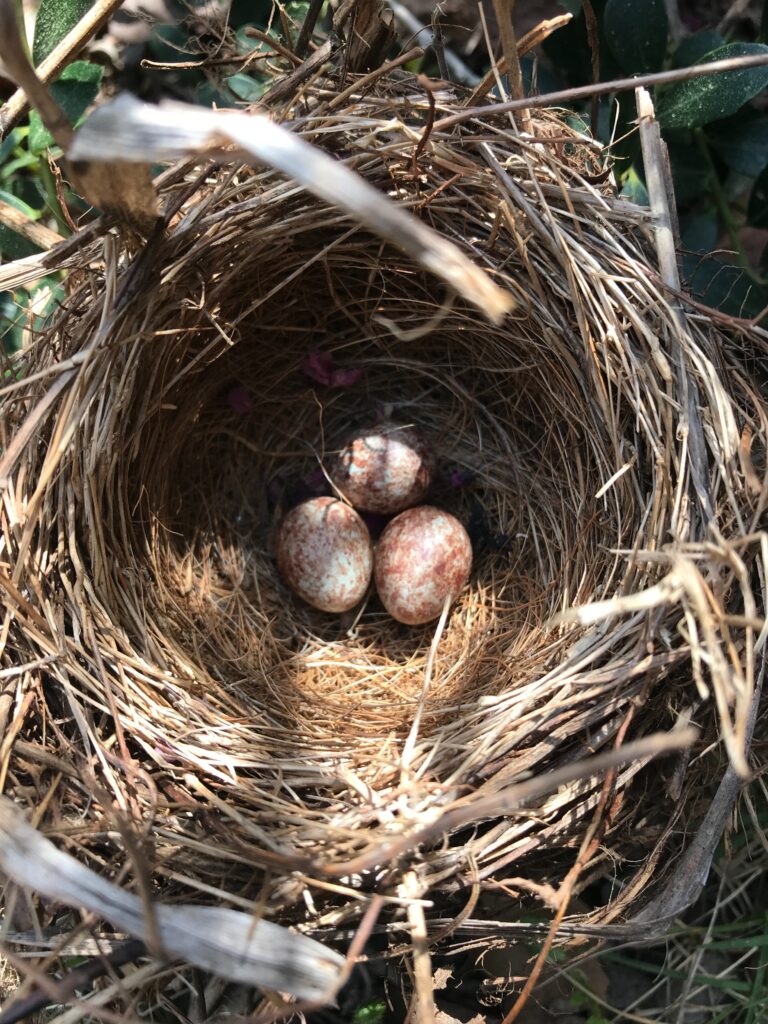
In early 2020, Gender at Work (G@W) was invited by the Human Sciences Research Council (HSRC), to partner in a project to support science granting councils (SGCs) across the African continent to […]
Mes aventures avec la COVID-19 sous la lanterne de l’intersectionnalité
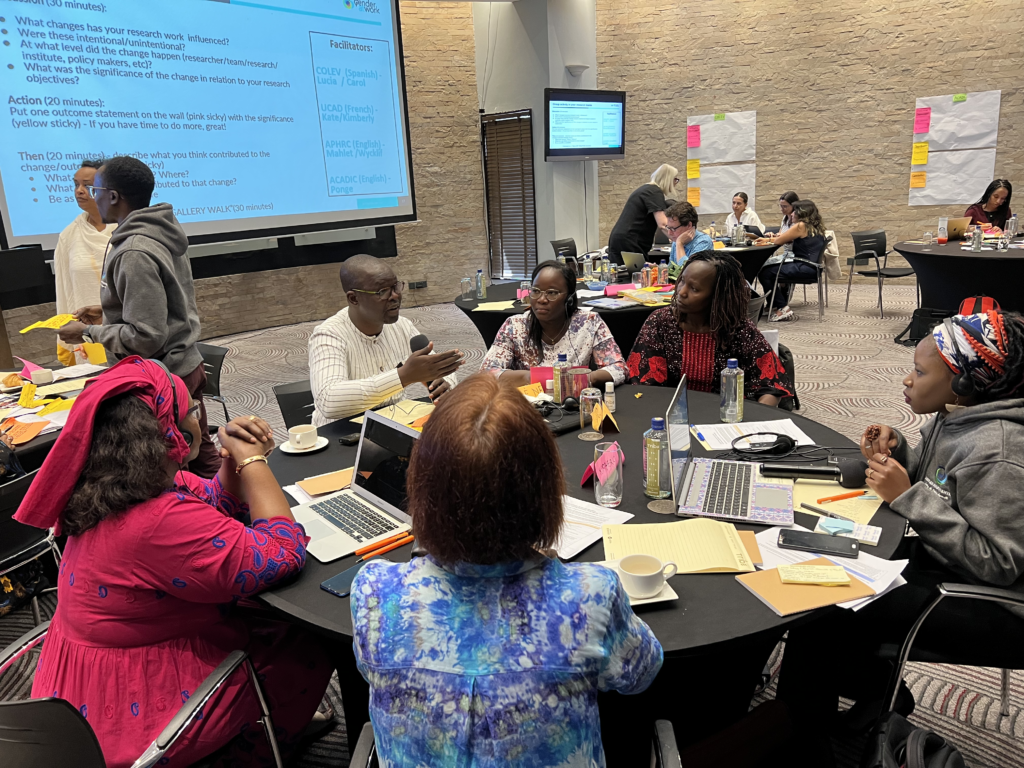
Hélène Diéne partage son expérience de la pandémie, où elle travaillait dans une clinique COVID-19 comme assistante de recherche et tombe elle-même malade par la suite. Elle évoque ses craintes et ses incertitudes et explique comment ces expériences l’ont amenée à comprendre l’importance du genre et de l’intersectionnalité pour l’utiliser dans sa recherche doctorale sur les impacts désagrégés du COVID-19 afin d’être plus pertinente au regard du contexte.
My adventures with COVID-19 under the lantern of intersectionality

Hélène Agnès Diéne shares her experiences during the pandemic, working in a COVID-19 clinic and later falling ill herself. She reflects on her fears and uncertainties, and how these experiences led her to understand the importance of considering gender differences in coping with illness. Learning about gender and intersectionality through her research role enabled her to realize she would use such a lens in her doctoral research on disaggregated impacts of COVID-19 to be more contextually relevant.
Empowering women to claim their forest rights in India
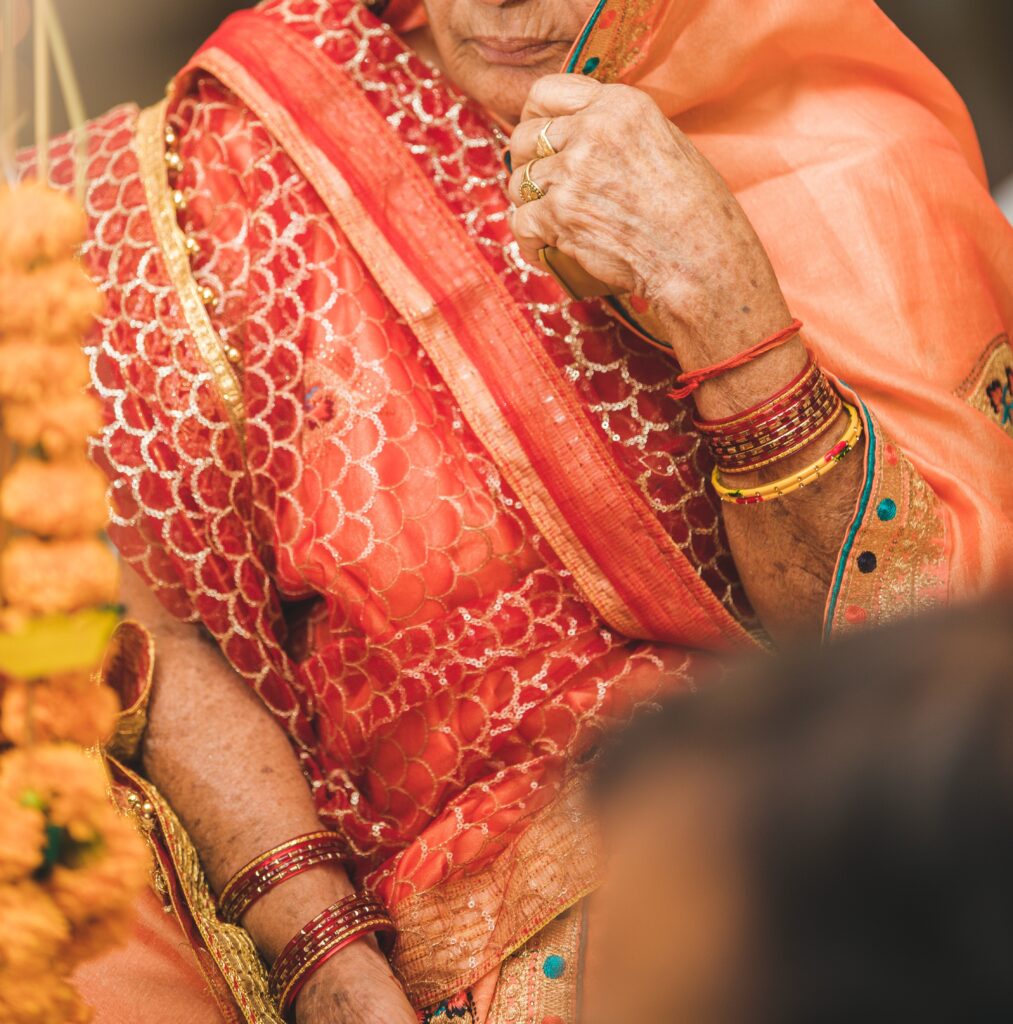
In the heart of Chhattisgarh, India, a transformative movement has been brewing among the forest-dwelling women of Baloda Bazar district. By the end of 2021, a significant change took root as the women of the region became actively engaged and stood up to claim their forest rights.
Gender Marked Me: The Value of Gender Analysis in AI Research
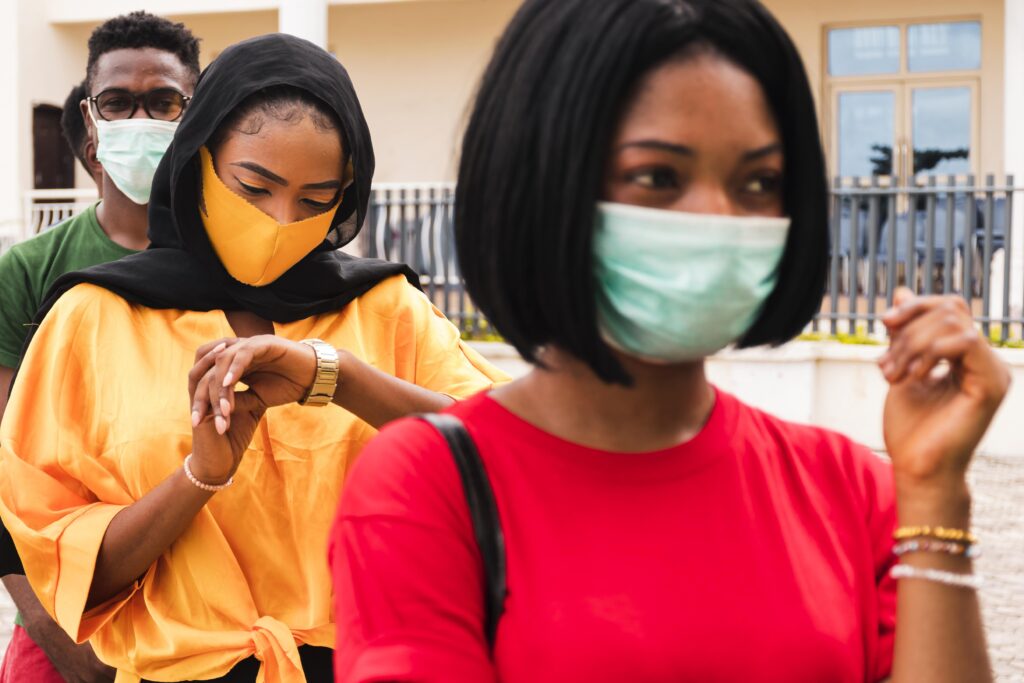
Tidiane Ndoye shares how his experiences nurtured his passion for gender issues in health, and his role as a lead gender expert in the AI4COVID research project, Using artificial intelligence to combat COVID-19 in Senegal and Mali. He reflects on being a mentor of master’s and PhD students and to the broader research team. He raises the critical need for gender and intersectionality in applying AI to address the COVID pandemic to avoid reinforcing inequalities, particularly for women from marginalized groups.
Le genre m’a collé à la peau: Intérêt de l’analyse genre dans une recherche sur l’IA

Tidiane Ndoye explique comment ses expériences ont nourri sa passion pour les questions de genre dans le domaine de la santé et son rôle en tant qu’expert principal en matière de genre dans le projet de recherche AI4COVID, Utilisation de l’intelligence artificielle pour lutter contre le COVID-19 au Sénégal et au Mali. Il évoque son rôle de mentor auprès des étudiants en master et en doctorat, ainsi qu’auprès de l’ensemble de l’équipe de recherche. Il souligne la nécessité de prendre en compte le genre et l’intersectionnalité dans l’application de l’intelligence artificielle pour lutter contre la pandémie de COVID, afin d’éviter de renforcer les inégalités, en particulier pour les femmes issues de groupes marginalisés.
No Differences, Only Sames: Finding Common Ground in Nairobi During the AI4COVID Gender Action Learning Writeshop
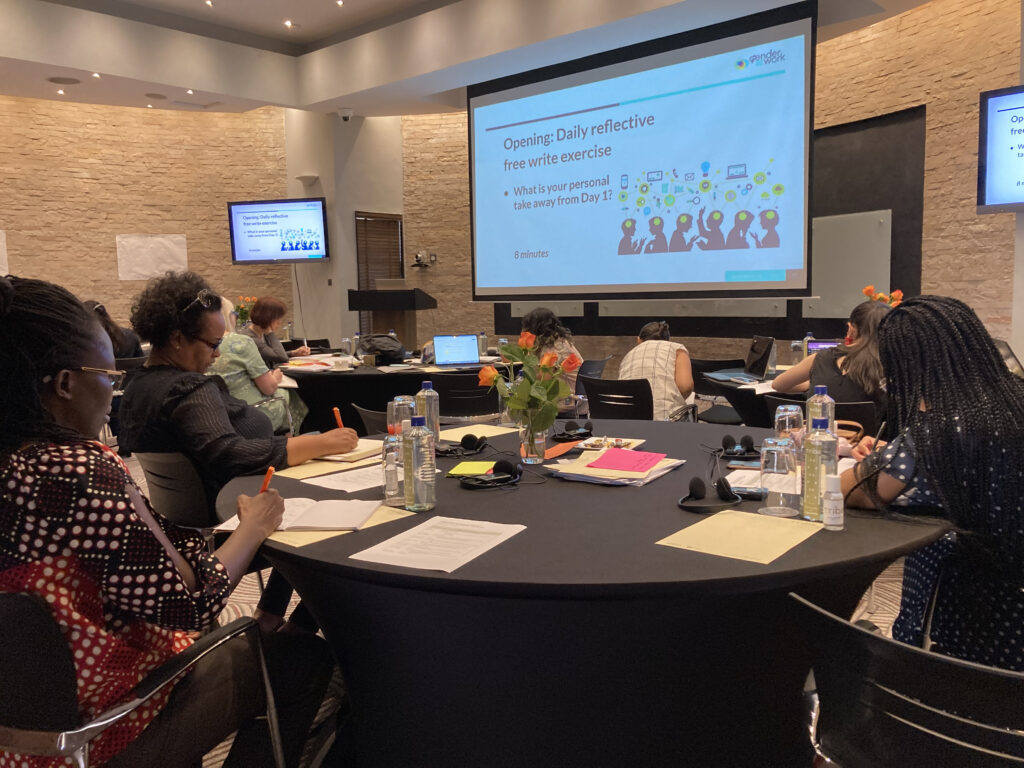
Ethan Gilsdorf reflects on the way he feels most engaged and enriched when visiting places that are least like his native land. He describes the disorientation and excitement experienced while traveling, and how initial differences observed with participants in the workshop and in Nairobi transformed into a sense of commonality through the sharing of stories on experiences of gender roles.
A Biostatistician’s Personal Journey through Gender Bias
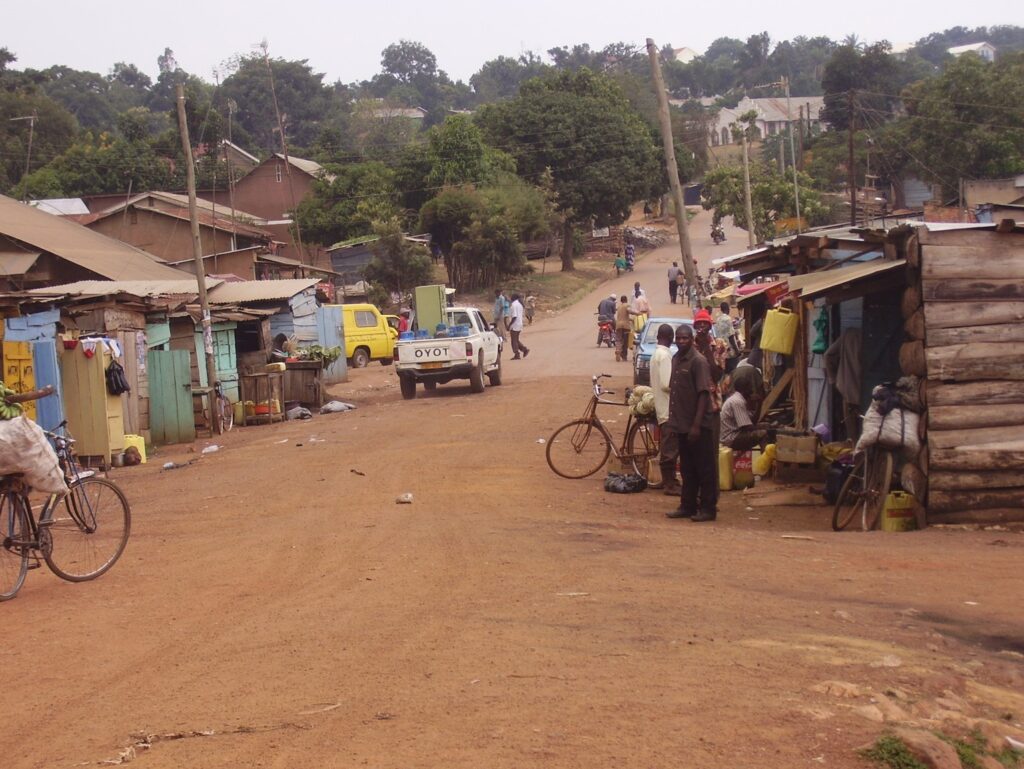
Sylvia Kiwuwa Muyingo reflects on her early fieldwork collecting health information from HIV-affected communities in Uganda and how this experience motivates her focus on vulnerable communities and appreciation of women’s unpaid caregiving roles.
Why are you talking to a blank screen?
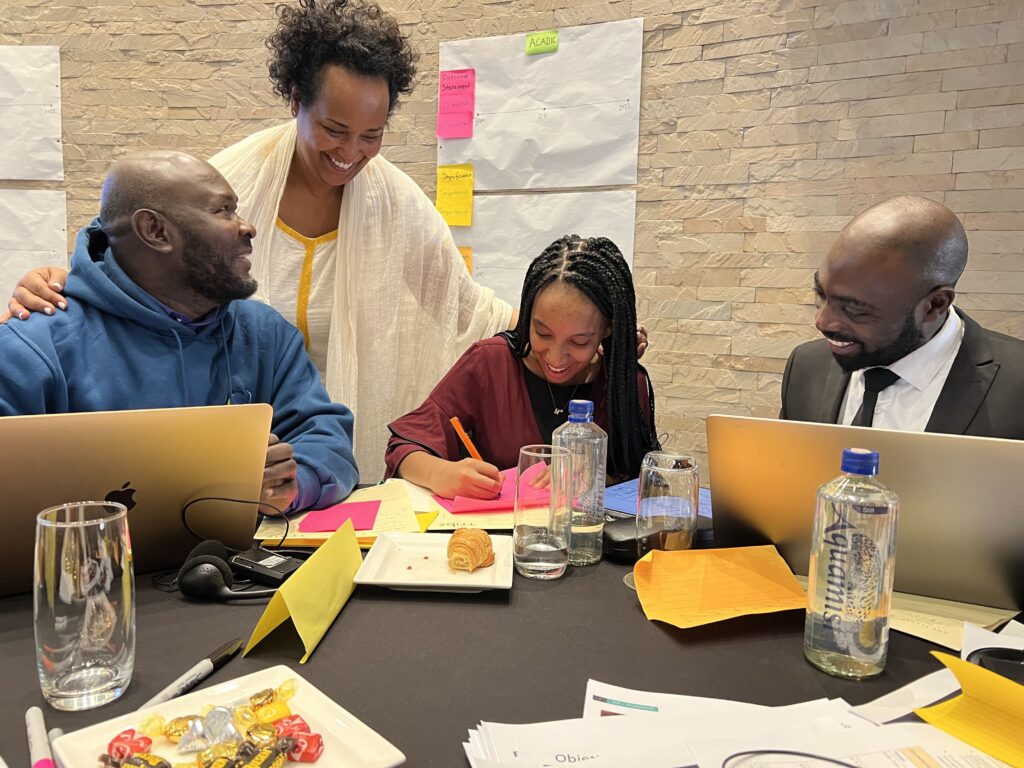
Mahlet Hailemariam shares her experiences of juggling online work, challenged by unreliable internet connection and power blackouts while caring for her mother.
Break Out of Your Silo
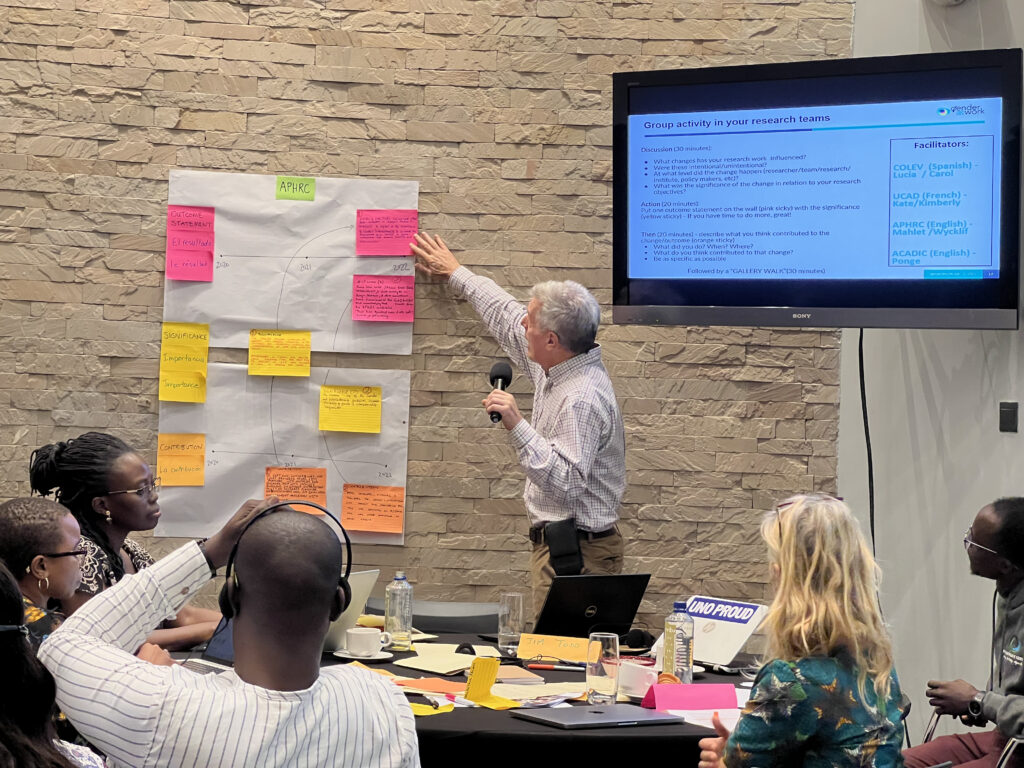
Jim Todd questions his own positionality as a white privileged male academic who becomes a mentor to a younger female academic of colour. In narrating this experience, he challenges himself and others to listen and learn from our differences and avoid thinking in ‘silos,’ that perpetuate discrimination and biases within academic and research environments.
